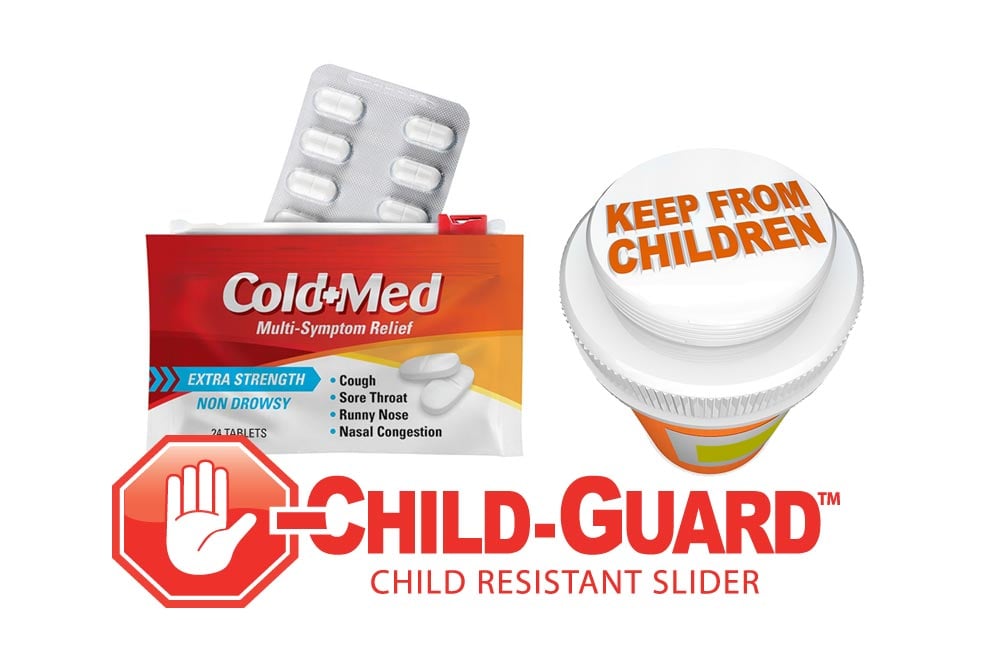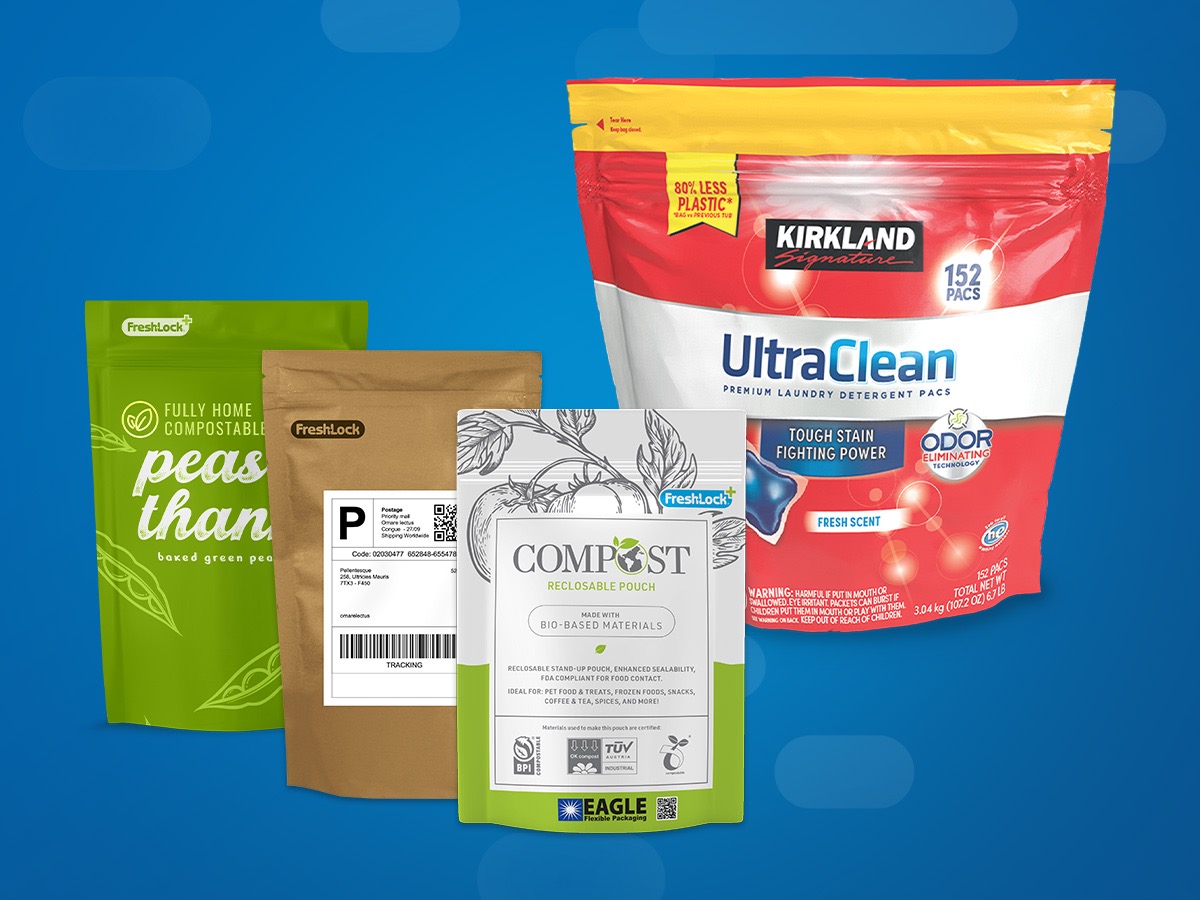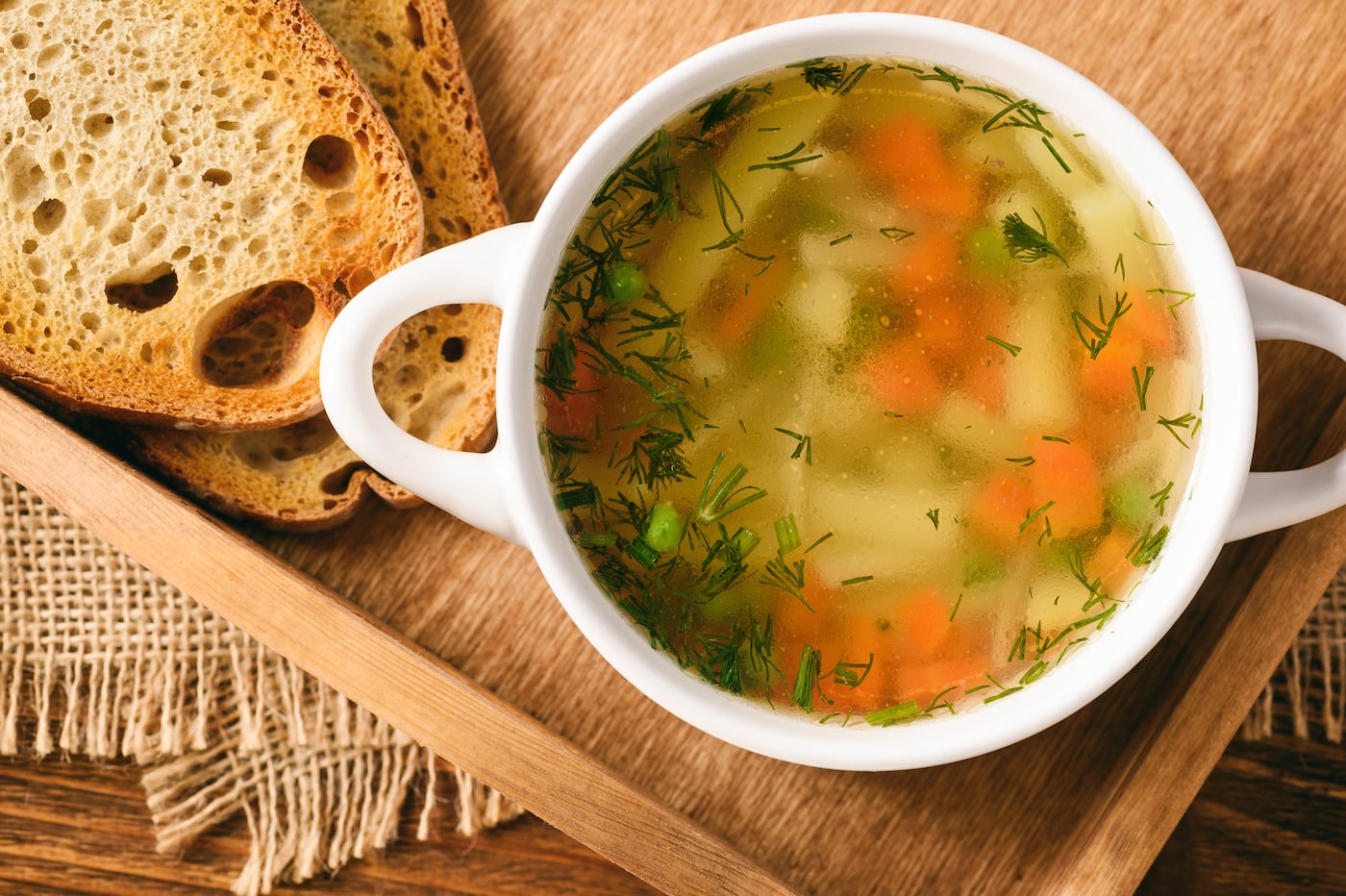
What You Need to Know About Child-Resistant Packaging
Protecting children from accidental poisonings is everyone’s responsibility – from parents and caretakers to brands and packaging engineers.
Packaging is considered the last line of defense in keeping children away from potentially dangerous products. It’s also considered one of the more important preventative steps. The World Health Organization (WHO) has said child-resistant (CR) packaging is among the best success stories in preventing accidental pediatric poisonings.
But, do you really understand what makes packaging child-resistant?
Commonly Used Terms
A lot of words get thrown around when discussing packaging meant to keep kids safe. It’s crucial that you understand the differences so you are accurately describing the features of your product packaging.
Child-proof packaging: You might hear this term used casually, but it should not be used in marketing or labeling to describe any type of package, as child-proof packaging doesn’t really exist. There’s never a 100 percent guarantee any type of packaging will keep a child out, so you’ll want to use “child-resistant” instead (when it applies, see below).
Child-deterrent packaging: The term child-deterrent packaging is a broad way to describe packaging meant to discourage young children from opening it, but it has not undergone formal testing for child-resistance.
This phrase may also be used to describe packaging for products that are not under any regulations requiring child-resistant packaging, but still make packaging a step harder to open.
Child-resistant packaging: This term implies special packaging specifically designed and constructed with the goal of reducing the risk of children ingesting possibly unsafe items by creating an additional barrier for protection.
Child-resistant packaging is defined in the U.S. Poison Prevention Packaging Act of 1970 (PPPA) as “significantly difficult for children under five years of age to open or obtain a toxic or harmful amount of the substance contained therein within a reasonable time and not difficult for normal adults to use properly.” The requirements for child-resistant packaging are outlined in Code of Federal Regulations Title 16 (CFR-16 Part 1700).
There are international standards in place that describe testing protocols to validate the effectiveness of child-resistant packaging. These are the international standards described in ISO8317: 2003.
Learn more about child-resistant packaging qualifications.
Types of Child-Resistant Packaging
Since the implementation of the PPPA in the 1970s, there has been a significant decrease in fatalities among young children from accidental poisonings, and many young lives have been saved. However, there is still more that can be done. As new products come to market, they can come with new safety risks.
Here is a look at some familiar forms of child-resistant packaging as well as new solutions that align with trends in packaging and new consumer packaged goods.
Child-resistant safety caps
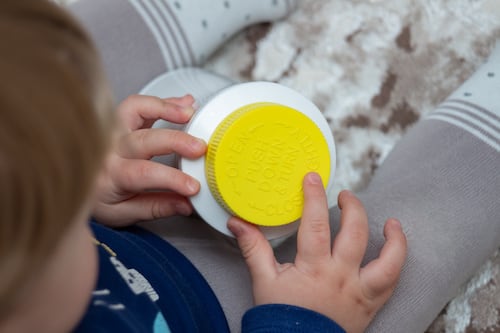 The reason the PPPA became law in the United States during the ‘70s is because of the alarming number of children being exposed to prescription and over-the-counter medications.
The reason the PPPA became law in the United States during the ‘70s is because of the alarming number of children being exposed to prescription and over-the-counter medications.
Canadian doctor, Henri J. Breault, is credited with developing the child safety caps we’ve all become very accustomed to opening. The push-down-and-turn design is something consumers encounter on a regular basis.
For years, child safety caps were the main solution for child-resistant packaging. However, as times have changed, so have the types of packaging available to CPGs. Child-resistant caps are ideal for vials and bottles, but medicine comes in other types of packages as well.
Blister packs
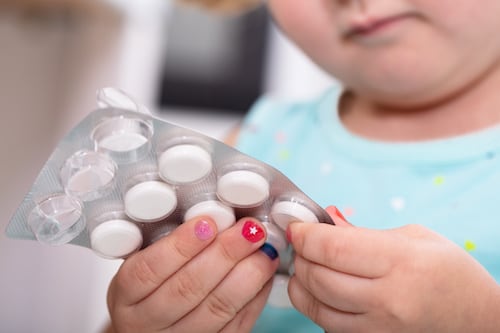 Blister packs are a potentially child-resistant packaging option that have also become common on store shelves and inside medicine cabinets.
Blister packs are a potentially child-resistant packaging option that have also become common on store shelves and inside medicine cabinets.
When they are manufactured with the right materials, blister packs can deter children from accessing drugs that could cause them harm. Plus, they add the convenience of dividing the product into single dosages, and they protect the product from the elements.
As an extra layer of protection for products using blister packs, some packaging manufacturers are also offering cardboard cartons that are tear-resistant while the blister packs have notches that hook onto the carton. The packaging requires an additional step in order to remove the blister pack from the carton.
Child-resistant aerosol cans
Aerosol spray cans often contain hazardous chemicals that could harm a child. That’s why some manufacturers have developed child-resistant closures for aerosol products.
Some of these packaging options are twist-and-lock tops for spray paint. However, it should be noted those products are not necessarily being marketed as child-resistant. Rather, the brands describe the feature’s intent as preventing accidental spraying.
More complicated devices for aerosol cans involve requiring the user to remove the cap and re-attach it to either the bottom or top of the can in order to operate the spray nozzle.
Read more about child-resistant aerosol closures.
Child-resistant zipper closure
Presto® Products and its Slide-Rite® brand of resealable closures are proud to be playing a crucial role in improving child safety for flexible packaging.
Flexible packaging is one of the fastest growing segments in consumer packaged goods. We developed the Child-Guard™® (also branded as Slider-Guard™) as a child-resistant option for brands using flexible pouches.
The closure involves a zipper with a slider with our patented Press-to-Engage (PTE) innovation.
How to Open Child Resistant Packaging
Opening the Child-Guard® closure involves pushing down on a small tab in order unzip the package. To reclose the slider, it simply needs to slide all the way back to the notch, where it locks into place. See the animation below for more.
Presto®, which is a division of Reynolds® Consumer Products, initially developed the Child-Guard® closure as a way to keep kids away from soluble unit doses (SUDs) for laundry.
So-called laundry packs have been praised for being a popular and innovative consumer product. However, a spike in accidental poisonings among toddlers raised concerns that needed to be addressed.
After years of product development, packaging engineers diligently tested the slider to make sure it would meet the criteria for being child-resistant. The results were impressive.
“We tested the Child-Guard zipper, and 90 percent of kids under age 5 could not open it, even after being shown how to open the bag,” said Brad Hansen, President® of Presto Products Specialty Division.
You’ll find the groundbreaking child-resistant closure on some of the most recognizable laundry brands. There are many possibilities for using this child-resistant, resealable closure on other types of products. That list includes blister packs placed inside a reclosable pouch, pesticides and household chemicals, and over-the-counter medications.
If it comes in a flexible pouch, Child-Guard® can help keep kids safe by keeping them out.
Learn why resealable packaging increases consumer loyalty.
Ensure Child Resistance in Your Flexible Packaging
While the Child-Guard® closure will certainly help make your product packaging meet standards for child-resistance, using the closure does not automatically make your overall product packaging child-resistant.
Your flexible packaging design itself must also meet the necessary requirements, and it should undergo its own research and testing. At Fresh-Lock we are happy to help you with any questions you may have about our child-resistant closure options for flexible packaging. Contact us today!

 Back to Blog
Back to Blog